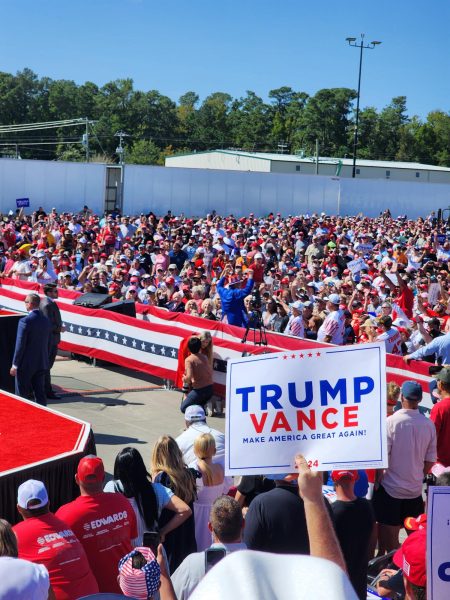N.C. film industry faces economic decline
This year, the North Carolina film industry faces major economic decline due to new incentives.
Currently, film productions fill out a form on the North Carolina Film’s website if they are interested in filming in North Carolina. The present film incentives incorporate a 25 percent refundable tax credit with a per project cap of $20 million, and television series are not subject to the cap.
“The grant is not going to lead to much film production in North Carolina,” Dave Monahan, chair of the UNCW film studies department said. “Until they change that, I think the political pressure and the economic pressure might lead to changes in [the incentives].”
The proposed incentives will incorporate a $10 million grant with up to a 25 percent rebate. The grant is split into a $5 million per project cap for feature films, a $5 million cap for video television series per season, and a $250,000 cap for commercials. The current incentives have a minimum amount of $250,000
“It’s totally inadequate,” Monahan said. “It’s complicated and restrictive …there is not enough money in it. It’s not going to draw any significant business.”
In addition to the low feature, video television and commercial cap, another difference between the two incentive packages is the proposed package’s annual cap of $10 million. The previous package contained no annual cap. The current North Carolina film incentives expire on Jan.1, 2015.
The proposed film incentives could have a negative effect on the UNCW film program.
“We will have less internships that are associated with that activity,” Monahan said. “The students that come here, or are attracted here initially because of the film industry, may not come here.”
Monahan remains hopeful that the incentives will be reversed or improved. He recalled the history of the department and feels that the department is not dependent on the film incentives to continue to grow.
“This department grew and had its greatest growth when the film activity in Wilmington was at a virtual standstill,” Monahan said. “It was really dry here for a while following 2001, the whole film production tanked for a while nationally.”
“It’s a gesture and not an actual workable plan,” Monahan said. “In a perfect world, it would sustain one television show in Wilmington. One show is not going to sustain the Wilmington film industry.”
Monahan suggested that lawmakers think more money is leaving the state than coming in. Some dislike the practice of giving incentives, and some believe that only Wilmington is benefitted.
“I think we will start to see the economic impact, or lack there of, from no viable film incentives,” Monahan said.
If changes to the incentives are proposed, the film industry will take time to heal.
“There is going to be a lull because they plan these projects months in advance,” Monahan said. “No production, on the level of a studio feature film or a television project, is going to come here unless they know those incentives are in place for the long term.”










